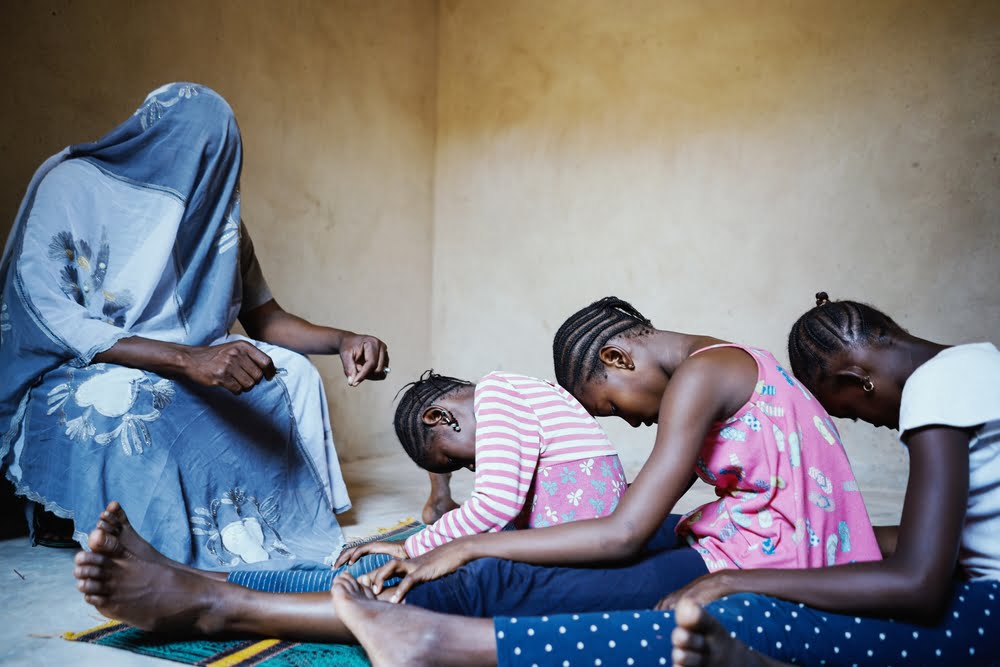Gambian President Adama Barrow has reaffirmed his commitment to enforcing the ban on female genital mutilation (FGM) as his government awaits a potential parliamentary vote that could lift the prohibition.
In a recent state of the nation address broadcast on television and social media, Barrow emphasized that the FGM ban would remain in place during the parliamentary review process.
In March, the Gambian Parliament approved a bill that seeks to repeal the 2015 legislation banning FGM in this predominantly Muslim West African country.
The bill has now been forwarded to a committee for further review, with the committee expected to present its findings to Parliament on July 4. Barrow did not clarify his stance should Parliament ultimately vote to lift the ban.
If the bill is adopted, The Gambia would become the first country in the world to reverse such a prohibition, according to the United Nations (UN).
This development underscores the conflicting pressures faced by President Barrow. On one side, there are strong expectations from parts of the international community and segments of national public opinion, which view the FGM ban as essential for protecting human rights. On the other side, some Gambians advocate for lifting the ban, citing cultural and traditional values.
The debate over FGM in The Gambia reflects a larger discussion on women’s rights and cultural practices prevalent in many African countries.
The outcome of the Gambian parliamentary debate is particularly significant, as it could influence legislation and social practices in other nations facing similar issues.
At the heart of this complex issue is the tension between tradition and modernity, between respect for human rights and the preservation of cultural practices.
The decision of the Gambian Parliament will be closely monitored by human rights advocates, international organizations, and governments across the region.
Source : Le Monde



